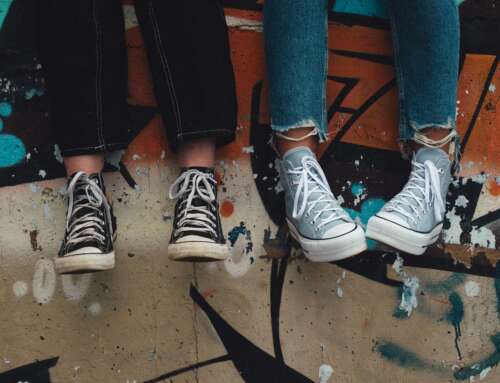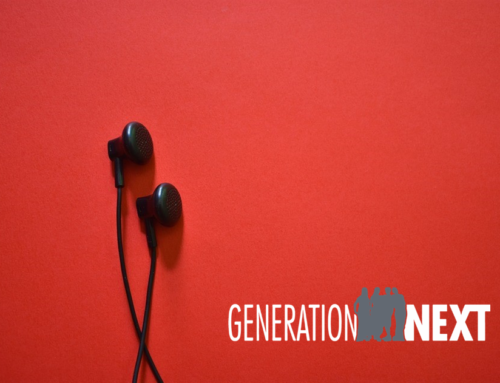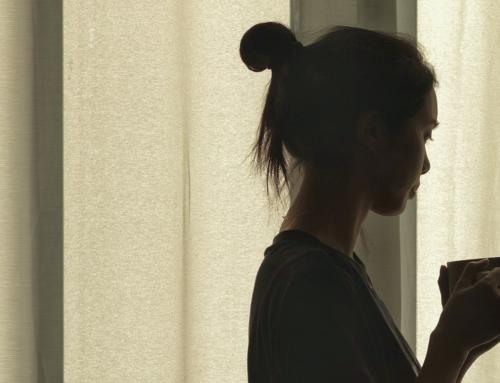The link between the two has been talked about for years, but a causal connection had never been proven. For the first time, University of Pennsylvania research based on experimental data connects Facebook, Snapchat, and Instagram use to decreased well-being. Psychologist Melissa G. Hunt published her findings in the December Journal of Social and Clinical Psychology.
Few prior studies have attempted to show that social-media use harms users’ well-being, and those that have either put participants in unrealistic situations or were limited in scope, asking them to completely forego Facebook and relying on self-report data, for example, or conducting the work in a lab in as little time as an hour.
“We set out to do a much more comprehensive, rigorous study that was also more ecologically valid,” says Hunt, associate director of clinical training in Penn’s Psychology Department.
To that end, the research team, which included recent alumni Rachel Marx and Courtney Lipson and Penn senior Jordyn Young, designed their experiment to include the three platforms most popular with a cohort of undergraduates, and then collected objective usage data automatically tracked by iPhones for active apps, not those running the background.
Each of 143 participants completed a survey to determine mood and well-being at the study’s start, plus shared shots of their iPhone battery screens to offer a week’s worth of baseline social-media data. Participants were then randomly assigned to a control group, which had users maintain their typical social-media behavior, or an experimental group that limited time on Facebook, Snapchat, and Instagram to 10 minutes per platform per day.
For the next three weeks, participants shared iPhone battery screenshots to give the researchers weekly tallies for each individual. With those data in hand, Hunt then looked at seven outcome measures including fear of missing out, anxiety, depression, and loneliness.
– Melissa G. Hunt, Rachel Marx & Jordyn Young
Read More: Social Media Use Increases Depression and Loneliness, Study Finds
Image by Fernando from Unsplash








Leave A Comment